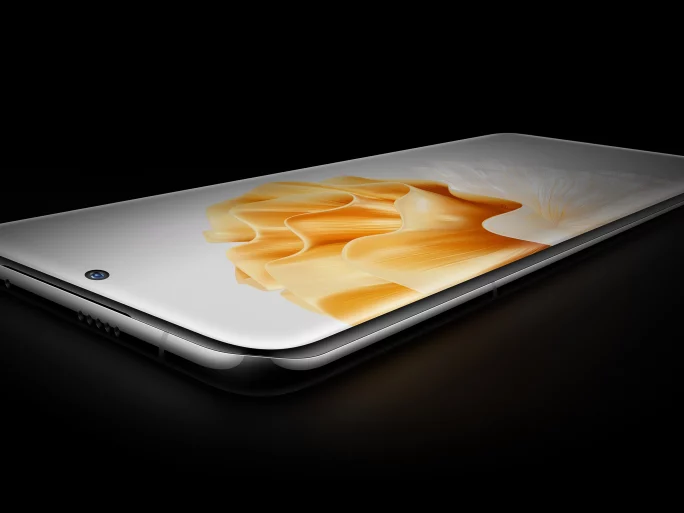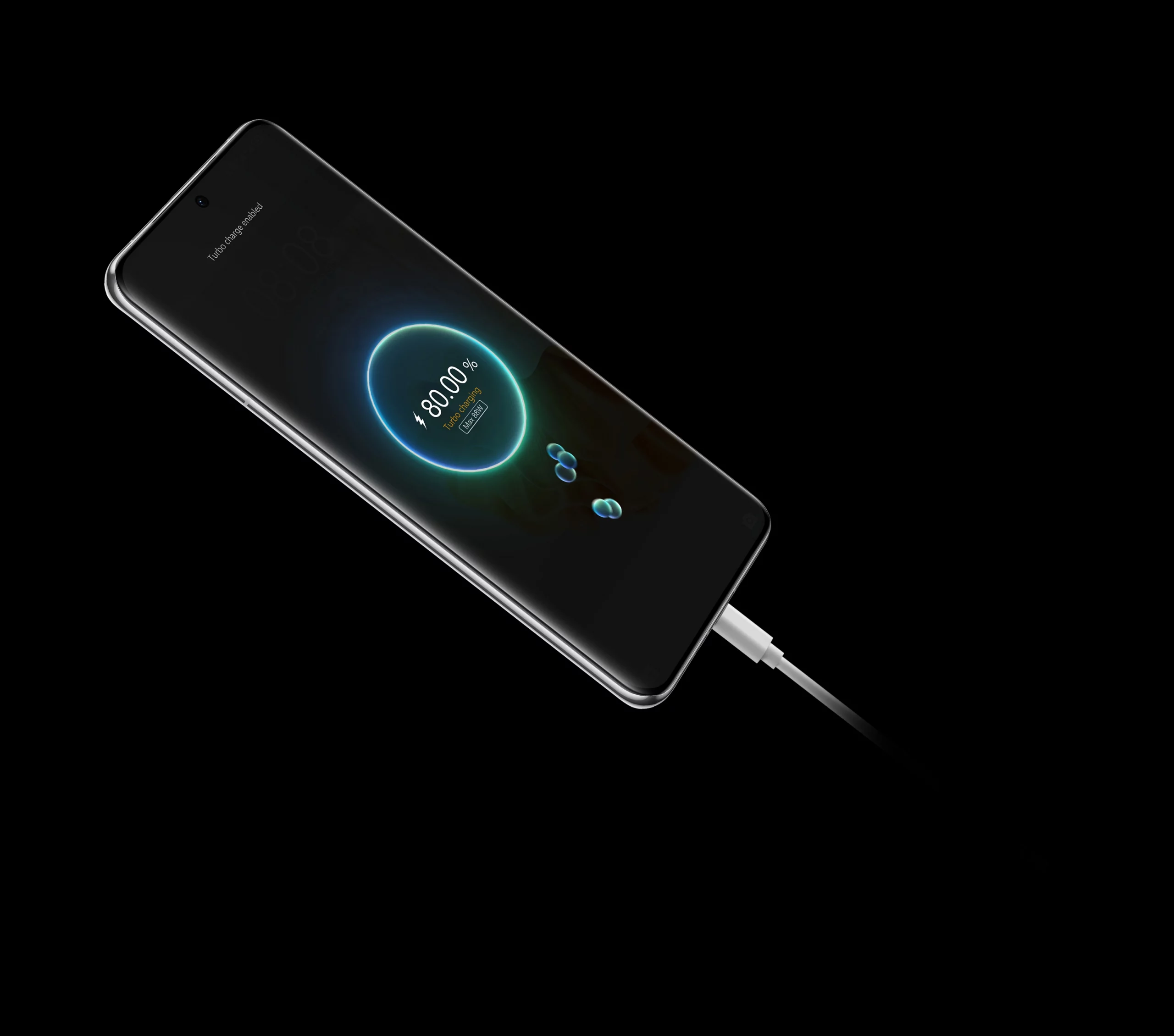US Government To Investigate Hauwei Breakthrough Phone

American officials are seeking more information, after teardown of new Hauwei smartphone revealed shocking discovery
The recently unveiled Huawei Mate 60 Pro smartphone and its surprising component, has drawn a quick reaction from the US government.
CNN reported that US National Security Adviser Jake Sullivan said during a White House press briefing Tuesday that the US needs “more information about precisely its character and composition” to determine if parties bypassed American restrictions on semiconductor exports to create the new chip.
It came after Huawei late last month publicly unveiled the Huawei Mate 60 Pro, a Chinese smartphone powered by an advanced chip.

Image Credit Huawei
Shocking discovery
When Huawei unveiled the Mate 60 Pro, it did not include much information about the chip on its website product page, other than promising better communication experience and a more stable network connection.
But last week Canada-based TechInsights produced a teardown report of the new Huawei’s Mate 60 Pro smartphone, which revealed that Huawei and China’s top chipmaker SMIC have built an advanced 7-nanometre processor to power its latest smartphone.
Huawei’s Mate 60 Pro is powered by a new Kirin 9000s chip that was made by China’s Semiconductor Manufacturing International Corporation (SMIC), the largest contract chip maker in that country.

Image Credit Huawei
SMIC, which is a partially state-owned Chinese company, was like Huawei, included in the export restrictions set up by the US government since 2019.
The fact that it had managed to produce such an advanced processor had shocked industry experts who were surprised Huawei and SMIC would have the technology to make such a chip following sweeping efforts by the United States to restrict China’s access to foreign chip technology.
Huawei did not immediately respond to a request for comment, CNN reported.
Made in China
“I think the reaction in China seems to be one of mass excitement because Huawei, which was at one time vying to be the number one smartphone brand worldwide, is seen to be fighting its way back into the smartphone market with Chinese-made silicon, and has no doubt been trading on a ‘Made In China’ mantra,” David McQueen, a director at market research firm ABI Research, told CNN.
But he said the launch also raises questions around how Huawei managed to launch the phone when it has spent the past four years under US restrictions banning access to 5G technology.
“While access to 5G for the chipset is one thing, I’m not sure how the company managed to source all the other components that need to go into a 5G smartphone, such as power amps, switches and filters,” McQueen was quoted as saying.
US lawmakers
Meanwhile Reuters reported that two US congressmen have called on the White House to further restrict export sales to both companies.
US representative Mike Gallagher, Republican chair of the US House of Representatives committee on China, called on the US Commerce Department on Wednesday to end all technology exports to Huawei and SMIC, according to Reuters.
Gallagher was quoted as saying SMIC may have violated US sanctions, as this chip likely could not be produced without US technology.
“The time has come to end all US technology exports to both Huawei and SMIC to make clear any firm that flouts US law and undermines our national security will be cut off from our technology,” he reportedly said.
Meanwhile Texas Republican Michael McCaul, who chairs the House Foreign Affairs Committee, was quoted by Reuters as saying he was concerned about the possibility of China trying to “get a monopoly” in the manufacture of less-advanced computer chips.
“We talked a lot about advanced semiconductor chips, but we also need look at legacy,” he reportedly said, referring to older computer chip technology which does not fall under export controls.
“I think China is trying to get a monopoly on the market share of legacy semiconductor chips as well. And I think that’s a part of the discussion we’ll be having,” he said.
The US administration is said to be considering tougher sanctions that would make it even more difficult for Chinese firms such as Huawei to gain access to the latest processors or chip-making technologies.